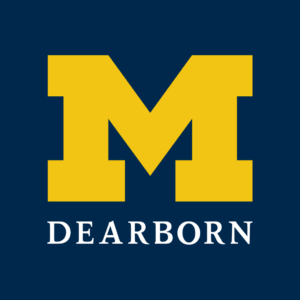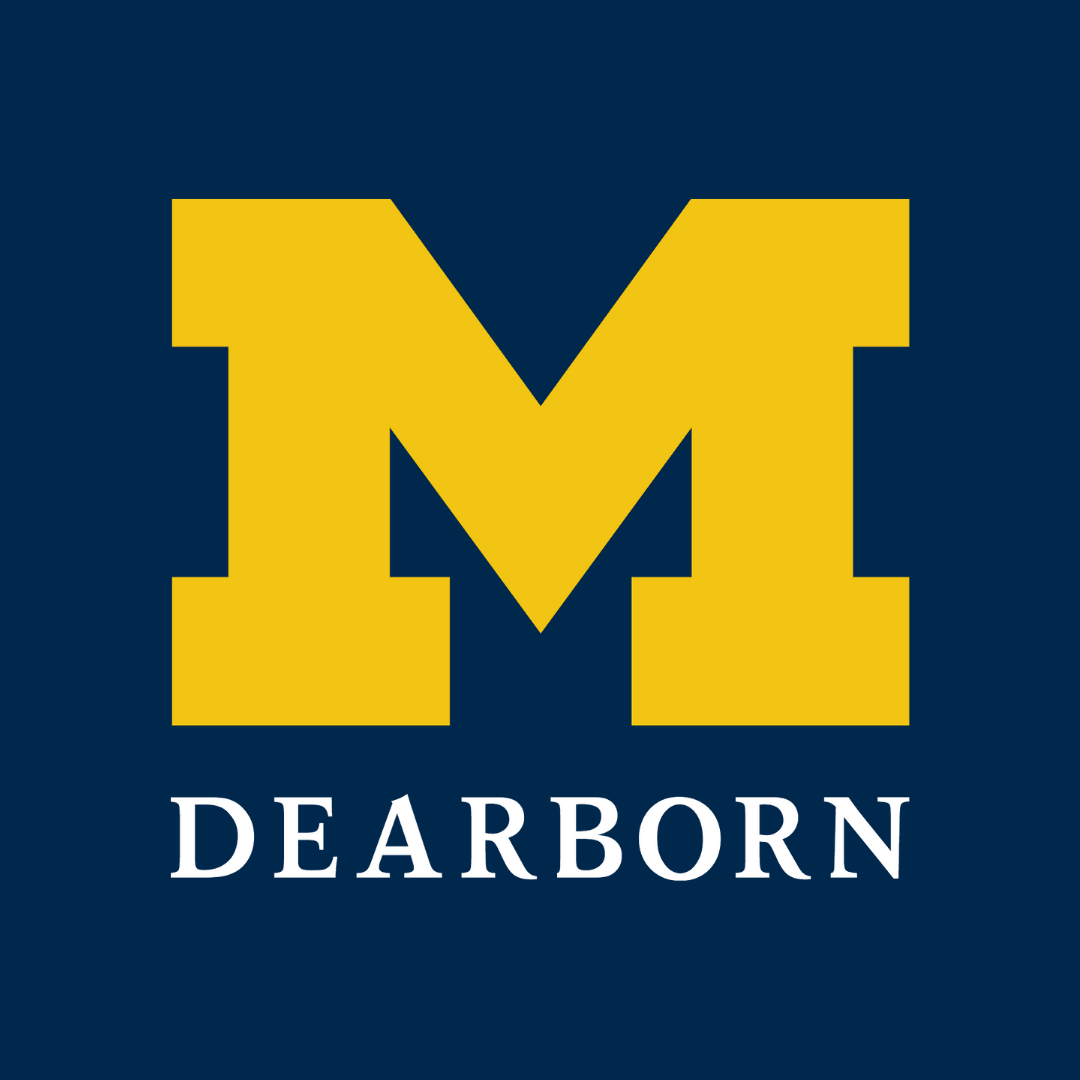University of Michigan - Dearborn

University of Michigan (UMICH) Dearborn is a public institution founded in 1959. It has a total undergraduate enrollment of 7,185, Dearborn is a suburb of Detroit, and the campus size is 202 acres. It utilizes a semester-based academic calendar. The enrolled student population at UMICH Dearborn is 69% White, 9% Black, 7% Asian, 6% Hispanic/Latino, 3% Multiracial, 3% Race Unknown, and 2% International. There are about 57% identified male students and 43% identified female students. 98% of students are from Michigan.
Engagement Summary
At the University of Michigan, students, faculty, and staff felt that the overall environment on campus was hopeful and positive, a climate that was aware of both the progress made and that there was room for improvement. All members of the campus community agreed that faculty and staff had the best intentions to help students, but that they still needed comprehensive training to direct students to resources available on campus.
The diversity on campus increased, which meant that more initiatives needed to be taken to make the environment more inclusive. Recruiting more racially diverse staff and faculty members to reflect the diversity of the student body became more of a priority. Students of color were more expressive of what their needs were, which was in part due to their education and how it helped them verbalize their concerns.
On campus, there was a lack of space for student organizations to host and plan events. Students were also worried about their safety concerning driving on campus, and transportation seemed to be an issue for many students that also inhibited their ability to engage with the campus community.
To make this already welcoming campus environment more inclusive and healthy for diverse students, the first recommendation was to be more proactive in creating a campus setting that encouraged intercultural mingling and engagement so that students of color could feel more connected to the community.
The second recommendation was for recruitment procedures to be reviewed in the Admissions office to ensure that their messaging resonates with the real experiences of students of color.
A third recommendation was to aid Middle Eastern students in navigating college as students of color as it relates to their experiences of discrimination and bias.
A fourth suggestion was to collaborate with other members of the campus community in different offices to provide multicultural competence and unconscious bias training to faculty and staff.
A fifth recommendation was for institutional equity staff to work with faculty and student groups to implement programming responding to current events and to provide support to cultural identity focused student groups affected by national and international events.
The final recommendation was to use technology in more effective ways to connect students of color and to promote student services.
Midterm Evaluation Progress-to-Goal Snapshot
The University of Michigan – Dearborn had a goal to hold quarterly workshop sessions with experts to educate on how to address mental health needs of students of color,to create affinity groups for faculty and staff of color to have healthy and safe dialogues centered around their own experiences and around strategizing ways to support students of marginalized identities, to collaborate with students and faculty activity offices to establish programming to encourage students to discuss current issues, topics, and events, and to collaborate with other members of the campus community in different offices to provide multicultural competence and unconscious bias training to staff and faculty.
Highlights include:
- Two sessions were hosted; one was on the subject of race and the other on the subject of immigration. The one on race had 15 people in attendance, including Sara and mental health peer educators. The session on immigration only had two people in attendance. Attendance struggled due to UMich being a commuter campus.
- The New Center for Social Justice and Inclusion houses all affinity groups in the center. These groups were Women’s, Multicultural, LGBT, and Veterans. The position for Multicultural was open for over a year but not posted, and the individual in the LGBT position left in October. The Women’s affinity group collaborated with a campus Commission for Women and were forming a mentorship group.
- These programs were combined with dialogue events. Facilitators were sought out to facilitate programming efficiently. UMich will try to acquire training resources on unconscious bias and microaggressions from Ann Arbor.
- Mental Health Peer Mentors in the Counseling Center are seeking grants for assistance in printing to create a workbook for classroom tips. Also, the Assistant Director of HR has been examining hiring procedures to ensure that recruiting diverse faculty and staff members is prioritized.


